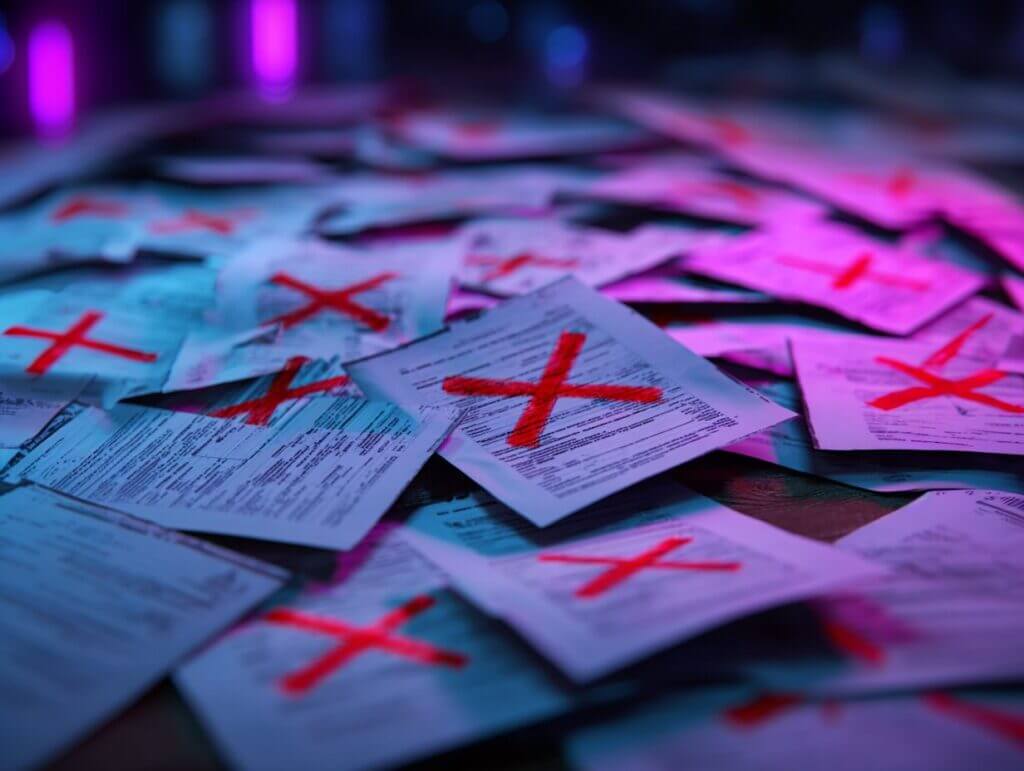2 Solutions to Avoid Difficult Compliance Investigations


Our team recently hosted Matt Kelly and 4 investigations experts to learn the ins and outs of investigations and best practices to guide you in running your own in confidence.
Over the years, our experts have experienced plenty of challenging investigations. Compliance investigations by their very nature are disruptive, time-consuming, and stressful for all parties involved.
But before we dive into two solutions to begin a smooth compliance investigation, let’s discuss the most common challenges with compliance investigations so that you can avoid them.
The Most Difficult Aspects of Compliance Investigations
1. Competing Interests
Most investigators struggle to strike a balance between conducting an independent, thorough, and objective investigation while simultaneously balancing and acknowledging the interests that the business and other stakeholders in the company might have.
2. Employee Morale
Managing the human impact of employee morale during a compliance investigation can be difficult to protect. Oftentimes we tend to only focus on the legal and compliance aspects and lose sight of the important information the company needs to manage the softer side of the investigation themselves.
3. Feeling Rushed
Because investigations are disruptive and uncomfortable, naturally, the employees and C-level representatives want it to end as soon as possible. Since your job is to complete an honest investigation which takes time, that means investigators need to be tenacious and investigate matters on a granular level, despite what the representatives of the organization may want because of other stakeholder interests.
4. Data Dump
Data collection through open-source intelligence, hotline reports, HR, finance, and marketing data can present a massive amount of useful data for the investigation. The challenge is managing and gaining advantage from those inputs within the time and resource constraints you’re faced with.
5. Personal Bias
Understanding, appreciating, and addressing the personal implicit and explicit bias the investigator brings into the room takes honesty and self-awareness. By nature, investigators need to be acutely aware of how their own beliefs, gender, and background may impact the interview and the investigative process.
Though these five challenges above can be tough to overcome, the two solutions below can help prevent them from happening in the first place.
Solution 1: Manage Expectations
Clearly set your expectations at the very beginning of the process. As you’re scoping the investigation, start broadly, define what issues may come up, and explain how the process and investigation plan is going to develop.
Sit down with your main contact(s) and have an authentic, direct conversation about the situation to discuss:
- Who the employees and stakeholders are
- What the investigation means and doesn’t mean
- What you need from a resourcing and cooperation standpoint
- What cadence of communication you’re going to have with them
- How it will impact employees
- Your client’s concerns
- Examples of how you expect processes to unfold and how they’ve unfolded in some similar circumstances
Clarifying your purpose and proactively communicating your expectations and vision for the investigation will:
- Put you in a position of guidance and authority
- Ensure that your client will avoid surprises in the process
- Make them a natural part of the process without jeopardizing your independence
Solution 2: Be Human!
A critical part of the process that is very often glossed over is identifying the human elements in the investigation process. For many employees, no matter the level in which they work, this can be an unnerving and sometimes scary first-time experience.
- Establish a relationship with the stakeholders before action is necessary
- Consider the process from their perspective
- Start all your conversations with empathy, realizing the disruptive nature of what is about to unfold
- Give voice to the challenges, concerns, and suspicions they have. Put a voice to it, address it, and move on
- Speak with authority and guidance! There is comfort in knowing that the person who’s advising and leading you through this process has seen it all before
- Stay flexible in how you conduct your investigation, accommodating the schedules of those involved
- Stay patient with the progress, especially with the production of documents that may be important
This aspect of human interaction is what will set you apart from the rest, as kindness and empathy creates a level of transparency needed for a successful investigation.
Most importantly, this empathic attitude won’t compromise the organization’s future effectiveness to respond to future non-compliant activity! It won’t do the organization any good by conducting an internal investigation in a way that turns off the constituents’ employees to the next investigation that has to take place.
For more tips on conducting a successful investigation, download the Principles for Compliance Programs to Remember Ebook!





































